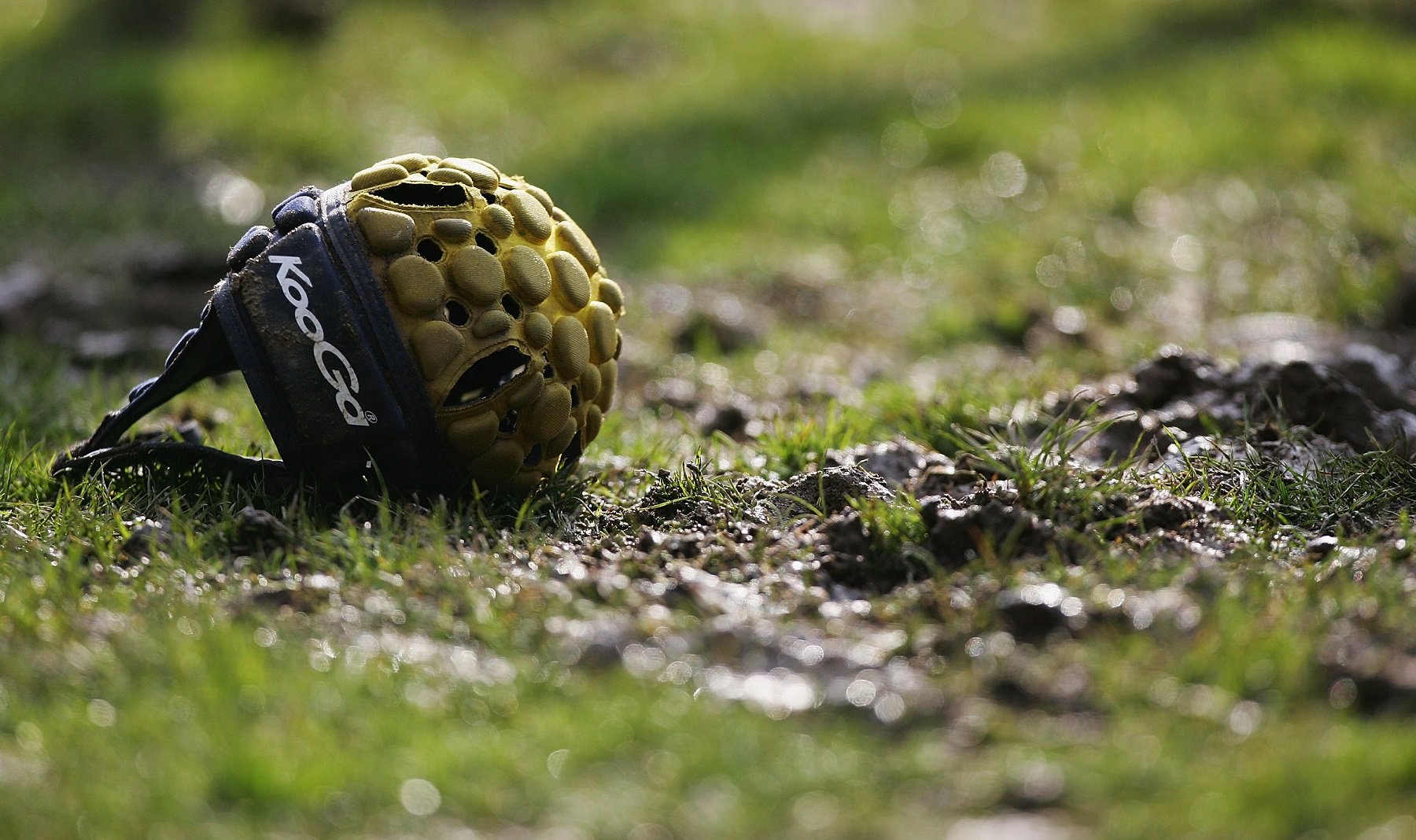World Rugby confirms four elite level anti-doping rule violations in 2018

World Rugby has confirmed there were four anti-doping rule violations within the elite sevens and 15s environment during its 2018 testing programme which comprised 2,236 tests at men’s and women’s sevens and 15s international representative level.
One player was sanctioned for four years for Drostanalone and another four-year sanction was handed-down for Metandienone and Stanozolol. Two further cases are pending.
World Rugby’s testing programme is run in partnership with unions, national and regional anti-doping organisations, with 66 per cent of tests conducted out of competition in line with the international federation’s intelligence and risk-based approach in elite rugby.
An additional 259 samples were collected to supplement World Rugby’s Athlete Biological Passport (ABP) programme.
They claim that haematological and steroidal biological profiling continue to be mainstays of their scientific programme, along with a risk-focused sample storage and re-analysis programme that develops year-on year to maintain strong deterrence and the long-term capacity for the detection of historical doping.
Self-confessed French doper found dead at the age of 41 | RugbyPass
Such sad news https://t.co/i65KjD6GMZ
— Richard Ings : Renewable Energy Beneficiary (@ringsau) April 4, 2019
John O’Driscoll, World Rugby’s anti-doping advisory committee chairman, said: “As a sport, we must always be alive to the threat of doping and we remain committed to protecting clean athletes and maintaining a level playing field through intelligent testing and innovative values-based education.”
Anti-doping general manager Mike Earl added: “Our programme continues to evolve, but preventing doping is much more than just about testing.
“To be effective, we need to support players, develop positive values, and understand doping motivations whether intentional or accidental. A good programme not only makes it difficult to cheat, it develops players that don’t consider cheating to be part of their values.
Another doping ban confirmed in Scotland ? https://t.co/ONrBdrwWGk
— RugbyPass (@RugbyPass) July 2, 2019
“Our programme, which features two-thirds of tests taken out of competition, haematological and steroidal biological passports, storage and targeted additional analysis, reflects our commitment to utilising all available tools for effective testing and analysis in this important area.
“We take our role very seriously and strive to ensure that players at all levels of the game are encouraged and supported as clean athletes, and that information and education are provided for athletes, parents and other stakeholders.
“Rugby World Cup 2019, like previous Rugby World Cups, will provide such a strong opportunity to get our message out there and Keep Rugby Clean.”
WATCH: The new RugbyPass documentary exploring the life and times of Fijian legend Nemani Nadolo











































































